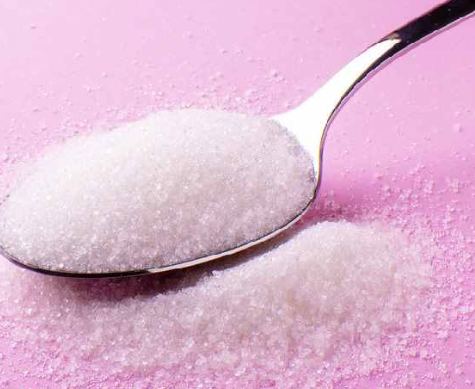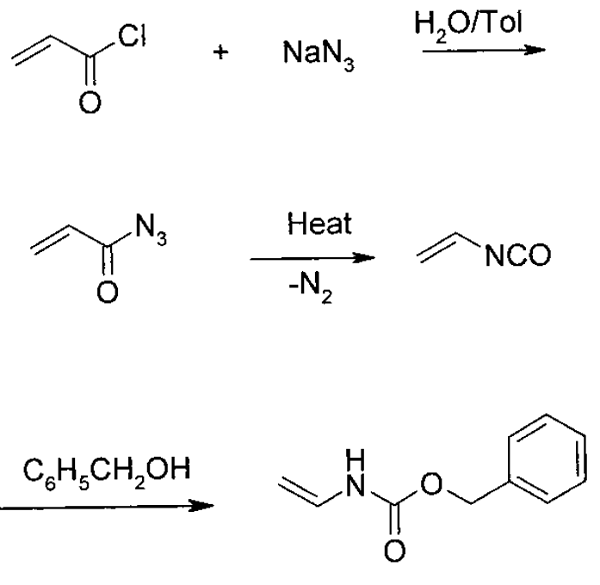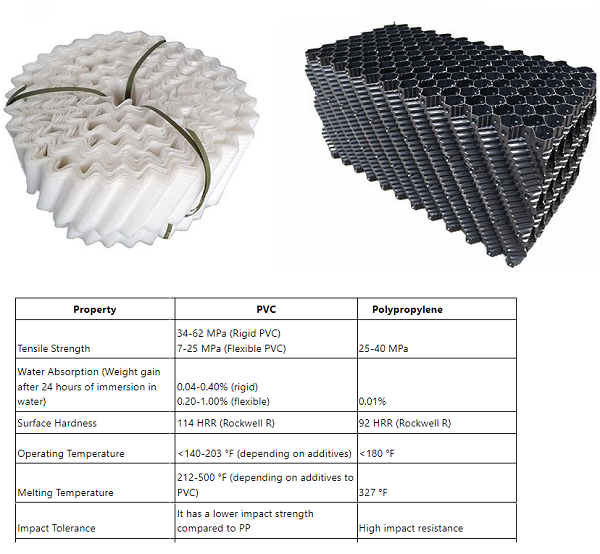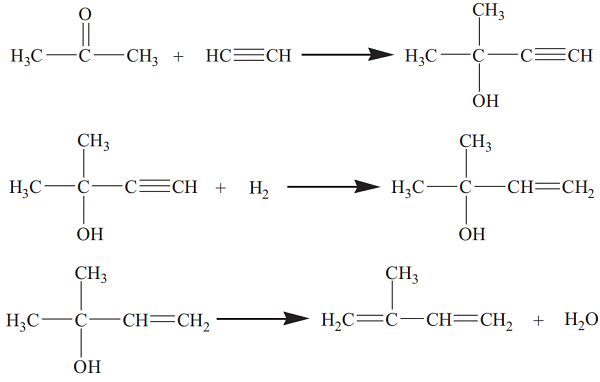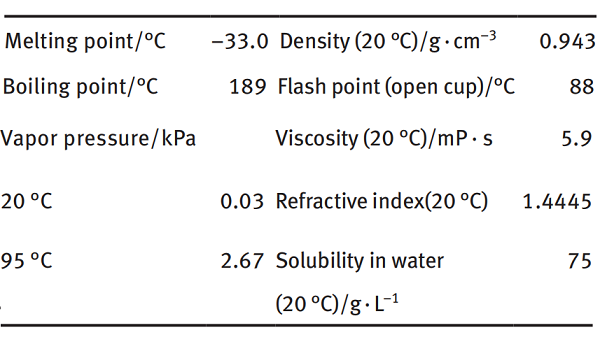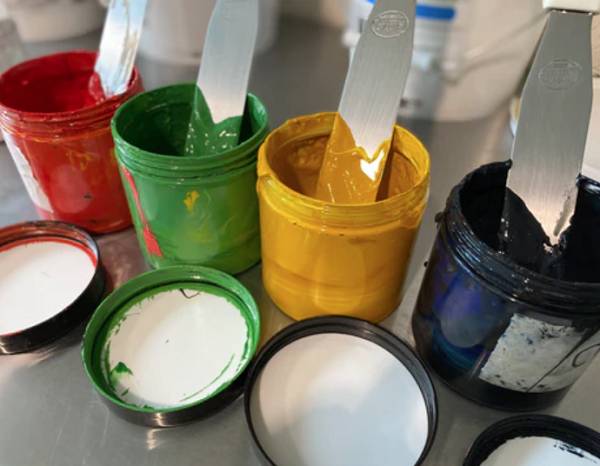The organic raw materials are petrochemicals made of petroleum and natural gas, and the industries of various organic chemical products are produced or fractionated by the raw material gas after coal gasification and the coal tar recovered by dry distillation. In China's organic chemical industry, the first acetylene route from coal-based calcium carbide, coalification to methanol, formaldehyde route and recovery of coal tar in benzene, naphthalene, anthracene and other routes and the use of grain as raw material fermentation distillation to produce alcohol routes. Organic raw materials are widely used and can be divided into three aspects: one is the raw material used to produce polymer chemical products, that is, the monomer for polymerization; the other is used in other organic chemical industries, including raw materials for fine chemical products; Used in solvents, refrigerants, antifreezes, gas adsorbents, etc. Basic organic chemicals are the basis for the development of various organic chemical products and are a major component of modern industrial structures.
Q:What is the effect of water on 3-aminopropyltriethoxysilane (APTES)?
A:The effect of water on the reaction of 3-aminopropyltriethoxysilane (APTES) with mesoporous silica is investigated by Gartmann et al. on two model systems.
May 17,2024 Organic ChemistryThe solubility of Succinic anhydride
Succinic anhydride is a white crystal with wide use and optimum application prospects.
May 11,2024 Organic ChemistryHow to synthesize Benzyl vinylcarbamate?
Govindan developed an improved method that can be easily scaled up and has been designed to prepare benzyl-N-vinyl carbamate.
Mar 26,2024 Organic ChemistryPolypropylene and Polyvinyl chloride: Which one is better?
In many cases, PP and PVC can be used interchangeably.
Mar 21,2024 Organic ChemistryHow to synthesize Isoprene?
The commercial processes for isoprene production include the extraction method (recovery from C5 fraction), dehydrogenation of isopentane or isopentene, the reaction of isobutylene with formaldehyde,
Mar 20,2024 Organic ChemistryPolymerization and application of Di(ethylene glycol) vinyl ether
DEGMVE has good water solubility because of a hydroxyl group in the molecular structure and can be homopolymerized into a hydroxyl group-containing polymer by cationic polymerization or radical polyme
Mar 19,2024 Organic ChemistryThe synthesis method of Diethylene glycol vinyl ethers
Acetylene reacts with diethylene glycol in the presence of a catalyst such as potassium hydroxide or potassium diethylene glycol to yield Di(ethylene glycol) vinyl ether (DEGMVE) and Diethylene glycol
Mar 19,2024 Organic ChemistryThe uses of 1,4-Butanediol vinyl ether
1,4-Butanediol vinyl ether has wide application in fluororesin and coatings.
Mar 18,2024 Organic ChemistryUses of polymerization products of isobutyl vinyl ether
Isobutyl vinyl ether (IBVE) is a polymerization monomer that produces poly (isobutyl vinyl ether) homopolymer.
Mar 15,2024 Organic ChemistryTwo synthesis processes of Isobutyl vinyl ether
The processes for the manufacture of IBVE by the acetylene route include the gas-the-gas-liquid reaction process and the liquid-phase reaction process
Mar 15,2024 Organic Chemistry




